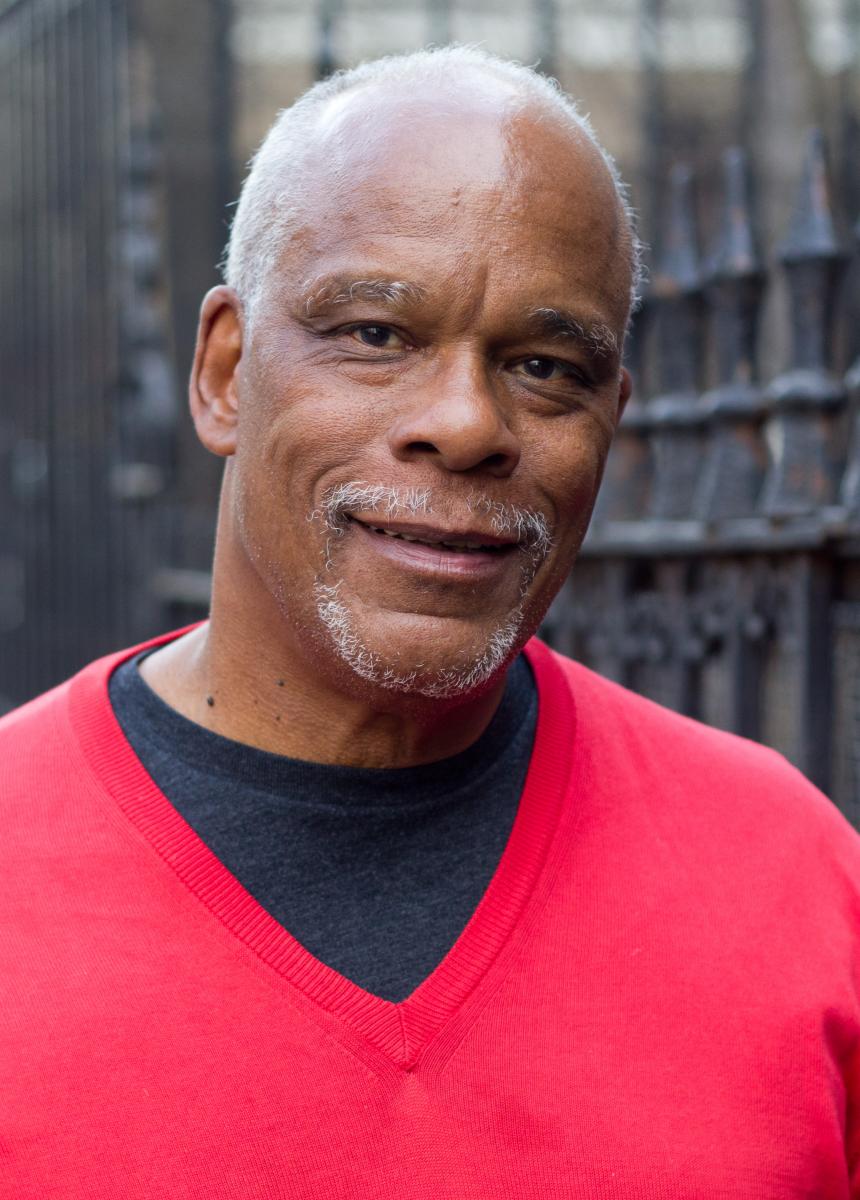A documentary screening in Winston-Salem this weekend examines historically black colleges and universities. It's called Tell Them We Are Rising. The film moves chronologically - from the first schools established after the Civil War to the role of HBCUs in the Civil Rights Movement. And it looks at the institutions as they exist today.
WFDD's Bethany Chafin spoke with writer, producer and director Stanley Nelson.
Interview Highlights
On early "contraband schools":
During the Civil War as African-Americans who had been enslaved escaped to the to the northern side, they were free, but they were called "contraband" - contraband of war because they were possessions, and they were possessions that now were taken by the Union Army.
So they started schools that they called contraband schools because one of the things that freed people wanted more than anything was to get an education, was to learn to read and write. And I think that was important for us [as filmmakers] because we wanted to start the story back in the time of enslavement. We wanted to give an idea in the framework of the film that there was a time when African-Americans could not learn to read or write - it was illegal. Education for African-Americans was illegal all throughout the south and in the north too. So we wanted to set it there, and the contraband schools were kind of the first attempt at education.

On the educational philosophies of Booker T. Washington and W.E.B. Du Bois:
You have Booker T. Washington who himself was born a slave and as a young man was freed after the war and received an education at Hampton. And he becomes the president of Tuskegee College. And his idea is that African-Americans should be educated pretty much for service, what they called industrial education. So you know, brick carpentry, leather working, those kind of things, and that African-Americans should kind of pull themselves up by their bootstraps.
His idea was that this would be an easy thing for the white South to accept. We're educating African-Americans to kind of be subservient. And W.E.B. Du Bois and others rose up and said well, 'wait a minute, wait a minute.' African-Americans should be educated the same as white folks. They have the same intellectual capacity and should be educated in the classics. And it became this huge, massive debate.
On the challenges faced by HBCUs today and the unique opportunities they offer students:
You know money has always been a challenge for HBCUs. So, that's a challenge today; it continues to be a challenge. Fundraising is always important. No HBCUs have the huge endowments, you know, of Harvard or Stanford and those schools. And then obviously Brown vs. Board of Education in 1964 changed the climate because as that really started to be enacted in the 60s, black people could go to other institutions in a much greater degree than they could before...
But I think that what we're seeing now is really interesting today. You know there's kind of an uptick in many HBCUs in applications. There is what's called the "Missouri effect" because of what happened at the University of Missouri and the protests there and just a feeling that this country is becoming more and more racialized instead of less and less. So I think HBCUs are as relevant as they've ever been. They still graduate a huge proportion of doctors and lawyers and judges...it's an outsized number of African-Americans that graduate from HBCUs still today.
Tell Them We Are Rising is screening in Winston-Salem on Saturday, February 3 at a/perture cinema.
300x250 Ad
300x250 Ad
